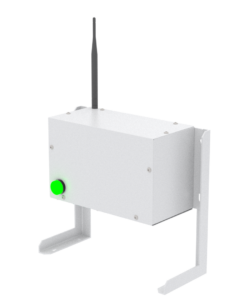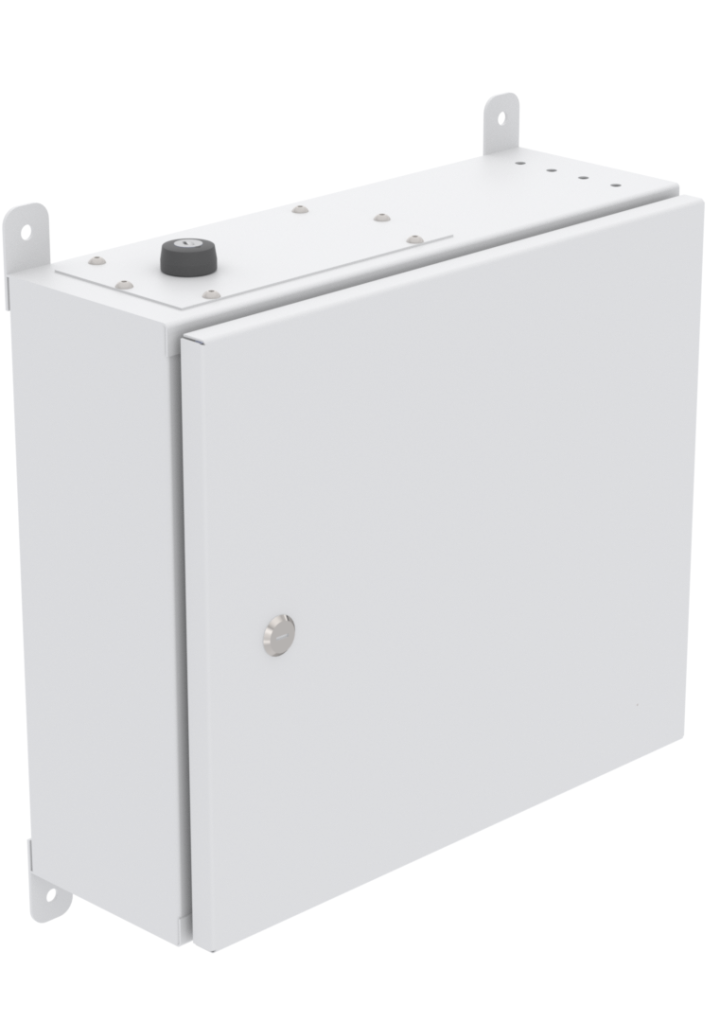India’s industrial landscape is undergoing a significant transformation, marked by the increasing adoption of Autonomous Mobile Robots (AMRs). These advanced technologies are playing a critical role in modernizing manufacturing processes, especially in the automotive sector, where India is rapidly emerging as a global manufacturing hub. This article delves into the rising importance of AMRs in India’s industrial landscape, with a strong focus on the automotive industry. It also highlights how DF Automation, a leader in AMR solutions, supports this growth with its innovative technologies.
The Automotive Sector: Driving India's Industrial Landscape Revolution
The automotive industry has been a major driver of economic growth and industrial development in India. As one of the largest automotive markets globally, India is home to numerous international and domestic manufacturers. Among the key automotive manufacturing hubs driving this growth are Chennai in Tamil Nadu, Pune in Maharashtra, and Gurugram in Haryana. Chennai, referred to as the “Detroit of Asia,” is home to major global manufacturers and contributes significantly to India’s automotive output. AMRs have become essential tools in India, addressing these demands and ensuring competitiveness in the global market. Moreover, the integration of these industrial robots is not limited to large enterprises; small and medium-sized enterprises (SMEs) are also recognizing the benefits of automation and investing in AMRs to enhance their operational capabilities. Business Standard
Real-World Applications of AMRs in India's Automotive Industry
Here are some specific examples of how AMRs are being utilized in the Indian automotive sector:
- Tata Motors
- Use Case: Tata Motors has implemented AMRs in its manufacturing plants for material handling and intralogistics. These robots transport components such as engine parts, tires, and other assemblies between different sections of the factory.
- Impact: The deployment of AMRs has reduced dependency on manual labor, increased operational speed, and enhanced safety by minimizing human intervention in hazardous areas.Forbes India
- Maruti Suzuki
- Use Case: Maruti Suzuki, one of India’s largest car manufacturers, has deployed AMRs for material movement within its plants. The robots transport raw materials to assembly lines and move finished goods to storage areas.
- Impact: AMRs have improved efficiency and accuracy in material handling, reduced lead times, and optimized warehouse space utilization.Maruti Suzuki Innovation
- Mahindra & Mahindra
- Use Case: Mahindra & Mahindra has integrated AMRs into its production lines for tasks such as picking and placing components and assembling parts in the automotive production process.
- Impact: Leveraging AMRs has optimized production workflows, reduced downtime, and boosted overall plant productivity.Forbes India
- Hero MotoCorp
- Use Case: Hero MotoCorp, a leading two-wheeler manufacturer in India, uses AMRs for automated material handling, including transporting components to assembly lines and moving finished products to the warehouse.
- Impact: The implementation of AMRs has streamlined operations, minimized human error, and enhanced production efficiency.CIO,inc
- Hyundai Motor India
- Use Case: Hyundai Motor India has deployed AMRs in its production facilities to automate the transportation of parts and materials across different sections of the plant.
- Impact: AMRs have helped Hyundai reduce operational costs, improve production cycle times, and ensure smoother material flow within the plant.Robotics 24/7
These examples demonstrate how Indian automotive companies are embracing AMR technology to enhance their manufacturing and logistics operations. With growing demand for automation and continuous advancements in AI and robotics, the adoption of AMRs in the automotive sector is expected to accelerate further.
For more information on integrating AMRs into your automotive process solutions, please contact us at sales@dfautomation.com.
India as a Global Manufacturing Hub
India’s aim to become a global manufacturing hub is bolstered by several government initiatives, including the “Make in India” campaign and the “National Manufacturing Policy.” These initiatives aim to attract foreign investment, promote domestic manufacturing, and create a favorable business environment. The adoption of Autonomous Mobile Robots (AMRs) is a key factor in realizing these goals, as they represent the cutting edge of smart manufacturing technologies in line with the global shift towards Industry 4.0.
DF Automation plays a significant role in this transformation by offering a comprehensive Industry 4.0 AMR solution, powered by core technologies like NavWiz and DFleet. NavWiz acts as the brain of the AMR, enabling precise navigation and autonomous operations within factory environments. DFleet, on the other hand, is the fleet management system designed to oversee and coordinate multiple AMRs within a facility, ensuring efficient and seamless operations.
Both NavWiz and DFleet are IoT-enabled software solutions that are crucial for running AMRs autonomously while maintaining seamless communication with factory systems such as Manufacturing Execution Systems (MES) and Enterprise Resource Planning (ERP). This integration enables smarter manufacturing processes by allowing AMRs to communicate with robots, machines, equipment, and even elevators, thereby simplifying and automating complex workflows. By incorporating DF Automation’s solutions, manufacturers in India can fully embrace Industry 4.0 and enhance their competitiveness on the global stage.
This has emphasized India’s industrial landscape in establishing a technology revolution. AMRs are integral to this transformation, offering unparalleled flexibility, scalability, and efficiency. AMR technologies have advanced significantly, incorporating AI to enable smarter decision-making and more flexible movement. One standout example is DF Automation’s latest innovation, the Zoei Omnidirectional Robot. Unlike traditional robots, Zoei can move in any direction, which dramatically reduces cycle times and increases efficiency in completing tasks. This omnidirectional movement not only optimizes workflow but also enhances safety, as the robot can navigate more flexibly around obstacles, reducing the risk of accidents and collisions. By integrating such advanced features, DF Automation’s robots exemplify the cutting edge of AMR technology in the push towards smarter, safer, and more efficient manufacturing environments. https://www.dfautomation.com/zoei-series-amr. Figure 1 presents the AMR products developed by DF Automation.
By leveraging these technologies, Indian manufacturers have enhanced their competitiveness on the global stage and meet the increasing demand for high-quality products. For more information on AMR integration, feel free to contact us via email at sales@dfautomation.com. We has a team in India to support you in automation solution integration specific to your needs. Figure 2 shows DF Solution India’s team in Pune, India.
Author: Dr Yeong Che Fai
Editor: Shalani Krishnan
DF Automation & Robotics is one of the leading robotics companies in Southeast Asia, specializing in the design and manufacture of Autonomous Mobile Robots (AMRs) for the global automation and robotics industry. The company’s success is driven by its two proprietary AMR software solutions – NavWiz and DFleet – which are utilized across multiple industries. NavWiz serves as the cognitive engine for the robots, enabling seamless autonomous navigation, while DFleet facilitates efficient fleet management and optimizes traffic control in factory environments.
With over 500 robots deployed worldwide, DF Automation & Robotics has successfully expanded its solutions to countries such as Malaysia, Singapore, Thailand, India, Mexico, and various European nations. Visit www.dfautomation.com to learn more.























